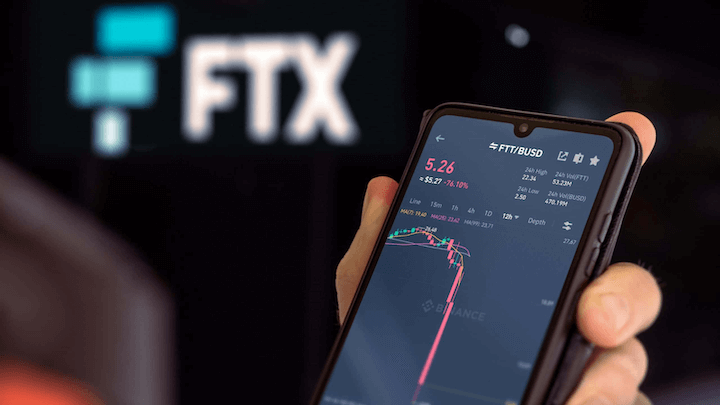
In a dramatic turn of events, the US Bankruptcy Court for the District of Delaware has ruled that the beleaguered crypto exchange FTX can liquidate its crypto holdings, valued at over $3.4 billion, to repay creditors. This decision comes as a significant development in FTX’s ongoing financial woes, but it is not without controversy.
While Judge John Dorsey approved the motion, objections were raised against this decision, shedding light on the complex and contentious nature of crypto asset management in bankruptcy.
Stick to DecentraHacks news for more updates!
Table of Contents,
The Court’s Ruling
Judge John Dorsey’s ruling, which allows FTX to sell its crypto holdings, has sparked both anticipation and skepticism within the cryptocurrency community. The ruling effectively permits the exchange to convert digital assets into fiat currency, which will then be used to repay creditors. This move has the potential to impact the crypto market significantly, given the substantial value of FTX’s crypto holdings.
Overruling Objections
The decision to allow FTX to sell its crypto assets was not without its critics. Numerous objections were raised against the plan, citing concerns about potential market disruption, valuation inaccuracies, and the precedent it could set for future crypto-related bankruptcies. However, Judge Dorsey overruled these objections, asserting that the need to repay creditors outweighed these concerns.
Sam Bankman-Fried’s Ongoing Legal Battles

While the court’s ruling on FTX’s crypto holdings is a pivotal development, it is worth noting the parallel legal challenges faced by Sam Bankman-Fried, the former CEO of the collapsed exchange. Bankman-Fried, who had been on house arrest in California since December 2022 while awaiting trial on fraud and money laundering charges, recently lost a bid to be released from jail before his trial next month.
Bankman-Fried’s legal troubles are multifaceted. US authorities have charged him with wire fraud and conspiracies for money laundering and misuse of customer funds. These charges stem from alleged fraudulent activities during his tenure at FTX. Furthermore, Bankman-Fried faces additional legal battles, with the SEC and CFTC pursuing lawsuits against him on similar charges.
Controversy Surrounding FTX’s Crypto Liquidation
Allowing FTX to sell its crypto holdings raises several critical questions and concerns within the cryptocurrency industry and the broader financial landscape.
1. Precedent for Future Cases
One of the primary concerns critics of the ruling voiced is the precedent it may set for future crypto-related bankruptcy cases. While FTX’s situation is unique, the court’s decision could influence how similar cases are handled. That potentially opens the door for other struggling crypto firms to follow suit and liquidate their assets to repay creditors, which may disrupt crypto markets.
2. Valuation Accuracy
The accurate valuation of crypto assets is a persistent challenge, given the market’s volatility and the lack of uniform accounting standards. Skeptics argue that the liquidation process may not accurately reflect the true value of FTX’s crypto holdings, potentially resulting in creditors receiving less than they are owed.
3. Market Impact
The sale of over $3.4 billion worth of cryptocurrencies can significantly impact the market. Critics worry that such a large-scale liquidation could lead to market volatility and price changes, affecting not only FTX but also the broader cryptocurrency ecosystem.
Conclusion
The US Bankruptcy Court’s decision to allow FTX to sell its crypto holdings to repay creditors is pivotal in the cryptocurrency industry’s ongoing evolution. While it addresses the immediate financial woes of the exchange, it also raises complex questions about the future treatment of crypto assets in bankruptcy proceedings.
Moreover, Sam Bankman-Fried’s ongoing legal battles underscore the regulatory scrutiny and legal challenges that key players in the crypto space may face.
As the cryptocurrency industry matures, these legal precedents and court rulings will continue to shape its trajectory and impact its participants, from exchanges to individual entrepreneurs. The path ahead remains uncertain, but it is clear that the crypto world is increasingly intertwined with the traditional legal and financial systems.



